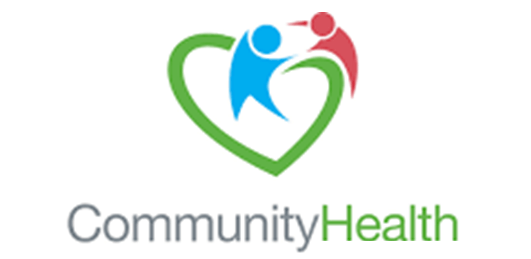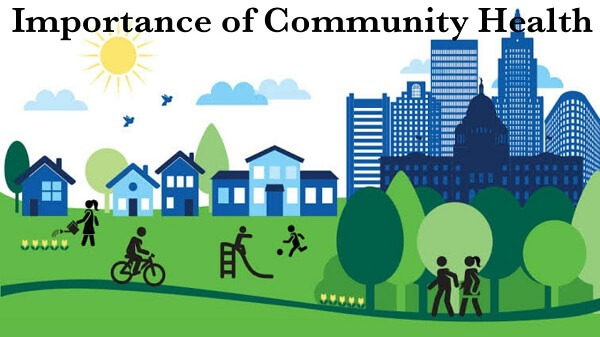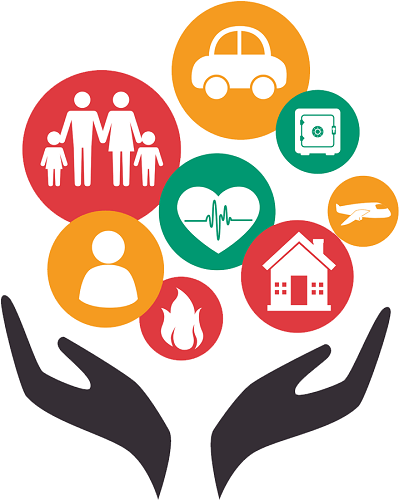Community Health DefinitionCommunity The community could be defined in several ways depending on the application. The community's diversity of people, families, and cultural groups influences the area's overall character. Community-based nursing requires knowledge of where they work, which aids nurses in maintaining high standards of care. Characteristics of Community
Functions of Community Functions of the community include the following:
Community HealthThe overall well-being of a community is referred to as community health. These communities frequently share socioeconomic situations, regional or cultural identities, and health characteristics in addition to residing in the same area or neighborhood.  For example, significant obesity rates may be present in some low-income areas due to the shortage of nutritious meals in nearby supermarkets. They are presently in a region often referred to as a food desert. A community may be exposed to pollutants from neighboring plants or waste sites. Community health initiatives increase public participation in healthcare choices, increase access to preventive healthcare services, and work to reduce medical expenses. Improving, preserving, and maintaining the health condition of population communities and groups is the primary focus of this important study area within the clinical and medical sciences. Community-based medical interventions can be divided into three types, each of which focuses on a particular level and approach to interacting with the community or demographic group:
Community Health ComponentsCommunity health specialists who work with the public understand how factors associated with socioeconomic statuses, such as income levels, dietary choices, crime rates, and transportation options, affect individuals. Also, they decide what upgrades are necessary and how the community's educational and medical facilities influence the lifestyles of its citizens. Community health's essential components include the following:
Application of Community Health"Community health" refers to various medical interventions, including disease prevention, treatment, and health promotion. It also includes care administration and management. Community health workers (CHWs) are frequently front-line professionals knowledgeable about the community's unique features and development. They frequently belong to the community themselves and are essential for the efficient administration of community care. Importance of Community HealthA sizable portion of the population in rural areas lacks access to appropriate care and treatments when they are most in need. Aged people, pregnant women, newborns, and people with chronic illnesses who live far from a hospital are constantly at high risk. A big area of hope here is the community health system. 
Healthcare variations may be very noticeable in smaller rural cities with fewer hospitals and doctors, lower per capita income, and other factors. Extreme poverty, addictive behaviors, and many other dangers to life and people's health are all quite likely to be experienced by such populations. The community's overall level of care can be significantly raised if a regional health system is established to address neglected requirements and considers the community's distinctive features.
Social health is vital in healthcare policy reforms to reduce public healthcare expenses. Patients can make public health service treatment decisions that follow a patient-centered care model. To prevent costly appointments to the emergency room, this approach aids doctors in guiding patients away from expensive treatments.
Community health services are becoming essential tools in public health campaigns like the fight against the drug crisis, preventing the spread of HIV / aids, and combating the ongoing Covid19 pandemic. The comprehensive approach to healthcare helps doctors simultaneously manage and avoid several illnesses. Measuring community healthGeospatial information systems and demographic data are typically used to assess the community's overall health. When neighborhood location data is insufficient, geographic information systems define sub-communities. The National Health Interview and National Nutrition and Health Survey are well-known data sets traditionally used to monitor community health.  In contrast to census statistics, which only provide general information about a low population based on the overall population, information systems could now contain more statistics for small-scale communities, towns, and cities due to technological advancement. Geographical Information Systems (GIS) can provide more specific information about community resources, even at the neighborhood level. It is simpler for researchers to acquire and produce data relating to the built environment since Geospatial Information Systems (GIS) are simple to use, multilevel statistics have advanced, and there are methods for spatial analysis. Moreover, analytics for health information can also be greatly influenced by social media. According to studies, social media can encourage users to quit their unhealthy habits and promote actions that enhance their health. Geographical Information Systems (GIS) and social media statistics may give researchers a more comprehensive picture of community standards for fitness and well-being. Community Health GoalsA community health provider's mission is to provide complete services that give local communities direct access to necessary resources, such as medical, dental, pharmaceutical, and mental health care. Public health professionals enable individuals to take responsibility for their wellness by teaching residents about the available resources and providing them with the means to access care. Initiatives for community public health are concentrated on locating specific regions with high levels of demand and assisting those groups in removing obstacles to leading healthier lifestyles. According to the American Public Health Association, inequalities in access to nutritious food, reasonable pricing of healthcare, and mental health support can reduce community members' average lifespan by 20 to 30 years. Community health specialists establish close relationships with community residents, social services, and healthcare providers. This makes it possible for them to finish crucial jobs like identifying local health concerns, advising locals on healthy habits, or setting up community health services to cover care gaps. A population's health outcomes are taken into account based on a wider variety of factors than just geography, where community health differentiates from the similar idea of population health management. Hospitals use population health management strategies to reduce readmission rates or improve the treatment of chronic diseases. Impact of Community HealthCommunity health has a remarkably wide-ranging and comprehensive impact. The impact of community health is experienced in various areas, including educational success, public safety and crimes, people's potential for employment and financial security, living standards, happiness, leisure pursuits, civic responsibilities, social roles, and more.
Improving Community Health
Community Health Workers and VolunteersCommunity health workers, often called community health assistants and community health officers, are local public health workers who thoroughly understand the health requirements and challenges of addressing their community. To ensure the delivery of high-quality services that are also culturally sensitive, they act as a link between their community and the regional health systems. They are qualified to provide training, supervision, administrative, teaching, and consultancy services in community health departments thanks to their educational, professional, or vocational experiences. Community health volunteers are people from a local community who know the health issues that are widespread there and the care options that are offered to identify and connect those in need with neighboring providers. Depending on the local healthcare system, community health volunteers may go by various names, such as health volunteers, lay health workers, non-specialist healthcare practitioners, and village health agents. Community health volunteers offer basic services, including mosquito nets, water chlorination tablets, and health education materials. When dealing with unwell or recovering patients, those with complex or continuous needs, or those in need, they will involve or collaborate with qualified doctors. ConclusionFor the members of healthy communities characterized by enhanced health and quality of life, a better understanding of the importance of community health can encourage greater accomplishment. To achieve the shared goal of enhancing health, community health expresses the community's requirements and highlights the greatest public health research, advancements, and consequences. Next TopicMass Definition |